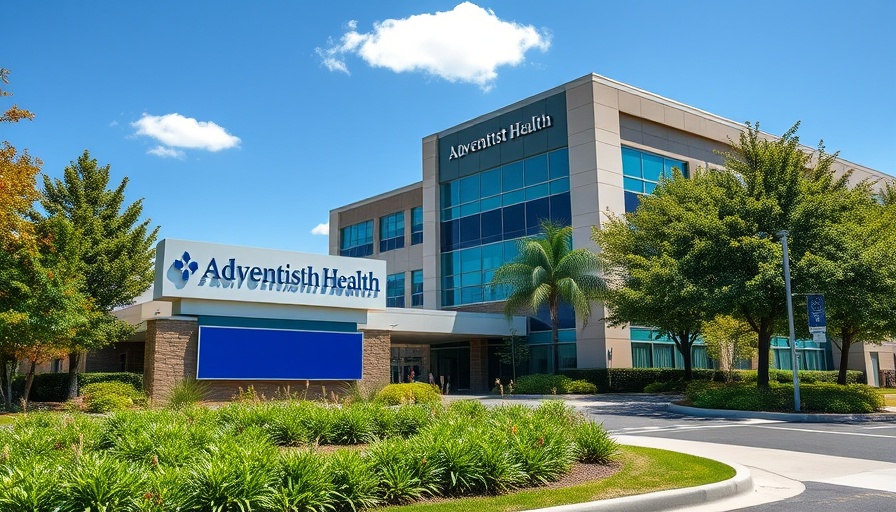
The Impact of Healthcare Policy on Local Communities
The proposed healthcare bill by President Trump has raised significant concerns across various sectors, particularly within local healthcare facilities such as California's Adventist Health hospitals. At the heart of this issue is the potential reduction of funding for essential services that are relied upon by underserved populations. The Adventist Health hospital system, which plays a crucial role in providing care to thousands, now faces uncertainty that threatens its ability to operate effectively.
Understanding the Concerns: A Community’s Perspective
For many members of the Seventh-day Adventist (SDA) faith community, the hospitals are not just healthcare providers; they are vital community pillars. The potential cuts outlined in the bill could jeopardize access to critical medical services, especially for low-income families who depend on these facilities. The fear is palpable among church members who view healthcare as both a right and an integral part of their faith-driven mission to serve others.
Comparative Insights: The Broader Picture
This situation echoes challenges faced by hospitals nationwide as they grapple with policy changes that impact funding and service delivery. Reports from similar communities reveal that hospitals running on thin margins are particularly vulnerable during such legislative shifts. For instance, several faith-based healthcare institutions in urban centers have experienced drastic changes in patient demographics due to policy adjustments, leaving them scrambling to find sustainable solutions.
Future Trends that Could Reshape Healthcare
As the SDA community closely monitors the implications of Trump’s healthcare bill, experts predict lasting changes that could reshape the landscape of healthcare for years to come. A shift towards privatization and reduced insurance coverage could lead to longer wait times, decreased service options, and increased patient costs. This scenario could disproportionately affect rural populations who already face significant barriers to access.
Navigating the Changes: Community Action Steps
In response to these challenges, community leaders are encouraged to familiarize themselves with the legislative process. By advocating for policy changes that protect funding for essential healthcare services, members of the SDA community can play an active role. Engaging church members in dialogues about health issues can also foster greater awareness and drive collective action.
Conclusion: The Call for Advocacy
The situation surrounding California Adventist Health hospitals underscores the urgent need for community advocacy in response to political changes affecting healthcare services. For individuals within the SDA faith community, rising to this challenge means ensuring that these institutions can continue to uphold their commitments to public health and welfare. Taking a stand now could make a significant difference in the fight for equitable healthcare access for all.
If you’re passionate about supporting Adventist healthcare facilities and interested in advocating for policy changes, there are numerous ways you can get involved. Engage with local church leadership, participate in community forums, and reach out to policymakers to voice your concerns.
 Add Row
Add Row  Add
Add 




Write A Comment